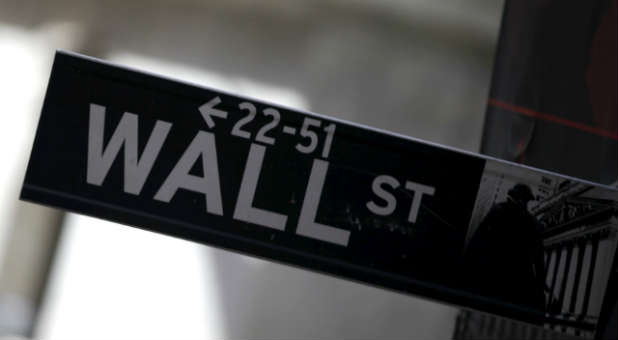10 Clear Signs the Government Is Fibbing About the Economy
Late last week, financial headlines surrounding the possibility of an impending global recession made for a wild week on Wall Street. CNBC asked, “The health of the global economy has been gnawing at investors, but does the U.S. have anything to worry about?”
Dick Kovacevich, former Wells Fargo CEO, told CNBC that he doesn’t think so, adding, “The rest of the world does have issues; I don’t think they yet apply to the United States.”
Financial expert and national television and radio host Dan Celia begs to differ. In fact, he has a pretty long list to prove it.
“We’re hearing an awful lot in the markets globally about a recession—that it could be we’re entering into a recession,” Celia told his listening audience on Friday. “Really? Folks, we’ve never been out of the recession.
“These are the things that I said were going to come home to roost,” added Celia, who is also the leader of Financial Issues Stewardship Ministries (FISM, financialissues.org). “These are the economic numbers and false positives that are reality.”
On his daily show, Financial Issues Live, last week, Celia provided his listeners with a list of the top 10 things (and more) that don’t happen when an economy is in recovery. For example:
- Fewer people in the workforce
- Increased poverty rates
- Eroding wages and decreased working hours
- Rising health care costs
- Lower actual corporate revenues and sales
- A decimated middle class
- A crumbling national infrastructure
- Falling commodity prices
- Weak small-business confidence
- More applications for disability benefits
- More food stamp participation
- Climbing fear levels about holding onto jobs
- More depending on government assistance
- Lower industrial production and business investment
- Lower personal income and spending
- A GDP that can’t break 2.5 percent
















































